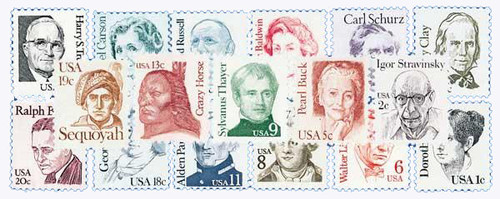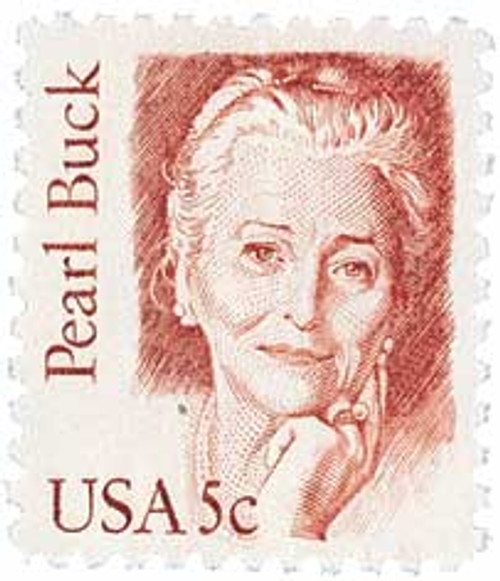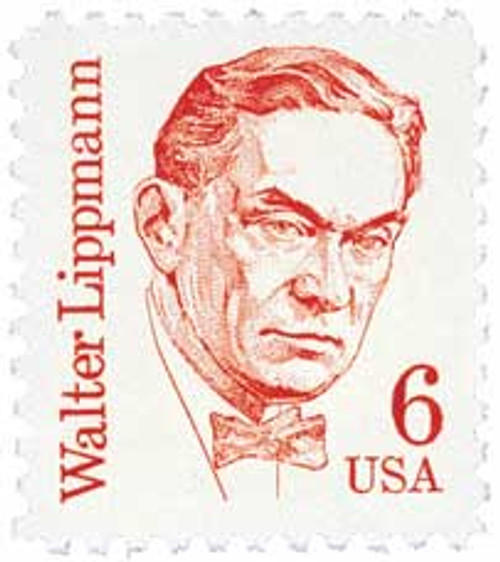
1981 18c Great Americans: George Mason
# 1858 - 1981 18c Great Americans: George Mason
MSRP:
Was:
Now:
$0.35 - $82.50
(You save
)
| Image | Condition | Price | Qty | |
|---|---|---|---|---|

|
Fleetwood First Day Cover
ⓘ
Ships in 1-3 business days.
Ships in 1-3 business days.
Free with 590 Points
$ 2.95
|
$ 2.95 |
|
0
|

|
Fleetwood First Day Cover (Plate Block)
ⓘ
Ships in 1-3 business days.
Ships in 1-3 business days.
$ 3.75
|
$ 3.75 |
|
1
|

|
Colorano Silk First Day Cover
ⓘ
Ships in 1-3 business days.
Ships in 1-3 business days.
$ 2.25
|
$ 2.25 |
|
2
|

|
Classic First Day Cover
ⓘ
Ships in 1-3 business days.
Ships in 1-3 business days.
$ 1.75
|
$ 1.75 |
|
3
|

|
Mint Plate Block
ⓘ
Ships in 1-3 business days.
Ships in 1-3 business days.
$ 5.00
|
$ 5.00 |
|
4
|
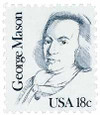
|
Mint Stamp(s)
ⓘ
Ships in 1-3 business days.
Ships in 1-3 business days.
Free with 250 Points
$ 0.90
|
$ 0.90 |
|
5
|
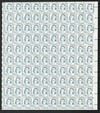
|
Mint Sheet(s)
ⓘ
Ships in 1-3 business days.
Ships in 1-3 business days.
$ 82.50
|
$ 82.50 |
|
6
|

|
Used Single Stamp(s)
ⓘ
Ships in 1-3 business days.
Ships in 1-3 business days.
$ 0.35
|
$ 0.35 |
|
7
|
Mounts - Click Here
| Mount | Price | Qty |
|---|
U.S. #1858
18¢ George Mason
Great Americans Series
18¢ George Mason
Great Americans Series
Issue Date: May 7, 1981
City: Gunston Hall, VA
Printed By: Bureau of Engraving and Printing
Printing Method: Engraved
Perforations: 11
Color: Dark blue
City: Gunston Hall, VA
Printed By: Bureau of Engraving and Printing
Printing Method: Engraved
Perforations: 11
Color: Dark blue
U.S. #1858 is the 18¢ stamp of the Great Americans Series. It honors George Mason, one of the nation's Founding Fathers.
The Great Americans Series
The popular Great Americans Series honors special Americans from all walks of life and honors them for their contributions to society and their fellow man. Sixty-four different stamps make up the complete set to pay tribute to important individuals who were leaders in education, the military, literature, the arts, and human and civil rights.

U.S. #1858
18¢ George Mason
Great Americans Series
18¢ George Mason
Great Americans Series
Issue Date: May 7, 1981
City: Gunston Hall, VA
Printed By: Bureau of Engraving and Printing
Printing Method: Engraved
Perforations: 11
Color: Dark blue
City: Gunston Hall, VA
Printed By: Bureau of Engraving and Printing
Printing Method: Engraved
Perforations: 11
Color: Dark blue
U.S. #1858 is the 18¢ stamp of the Great Americans Series. It honors George Mason, one of the nation's Founding Fathers.
The Great Americans Series
The popular Great Americans Series honors special Americans from all walks of life and honors them for their contributions to society and their fellow man. Sixty-four different stamps make up the complete set to pay tribute to important individuals who were leaders in education, the military, literature, the arts, and human and civil rights.
!



